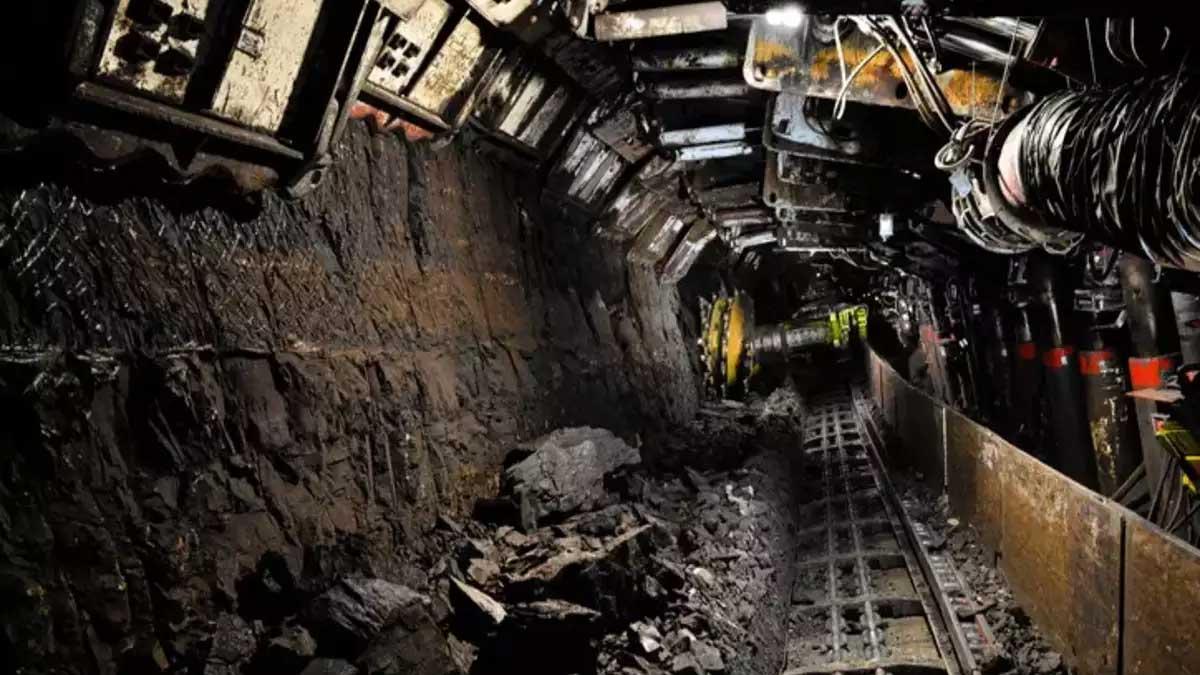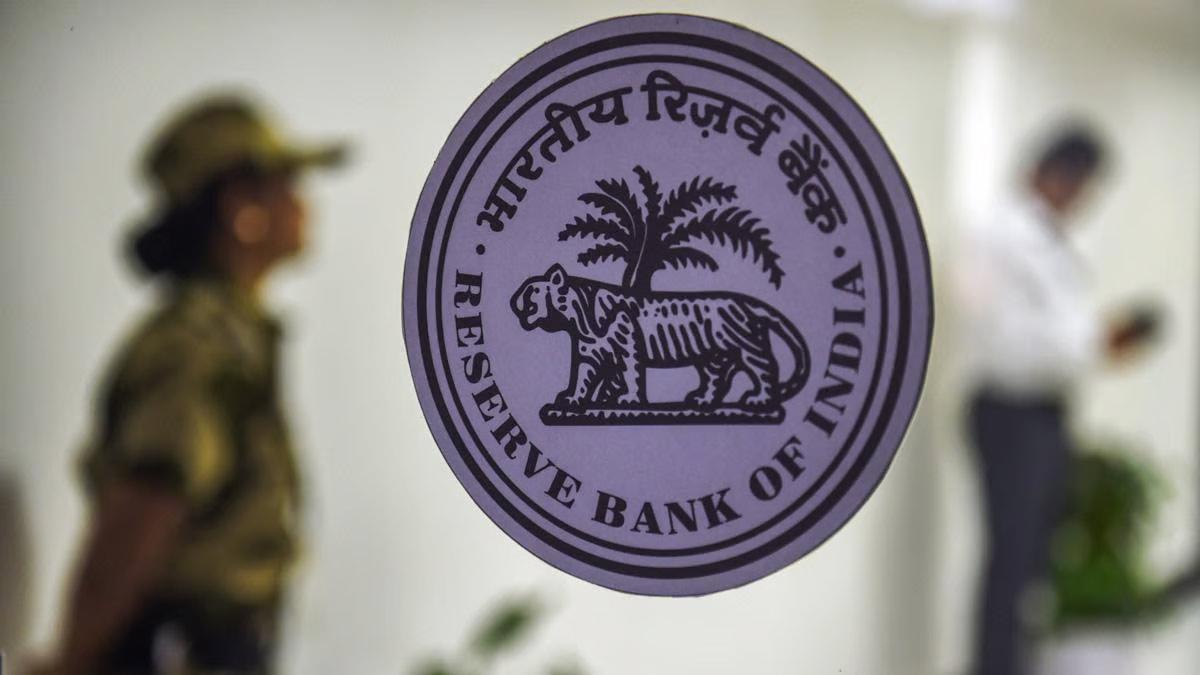India's coal imports declined 9.2% to 220.3 million tonnes (MT) between April 2024 and February 2025, from 242.6 MT during the same period in the last fiscal year. The decline is due to an increase in domestic coal production, the government said on Tuesday.
As a result of this decline, the country saved approximately $6.93 billion (₹53,137.82 crore) in terms of foreign exchange, according to the Ministry of Coal.
The non-fossil fuel sectors, with the exception of power, saw a sharper fall in imports by 15.3% over the same period last year. Coal-based power generation rose by 2.87% over the same period, while blending imports by thermal power plants declined by a staggering 38.8%. This is a sign of India's sustained attempt to cut reliance on imported coal and enhance domestic production capacity, the statement added.
Various government policies have facilitated the emergence of such positive trends, including the Commercial Coal Mining policy and the Mission Coking Coal initiative. These initiatives have led to a 5.45% increase in coal production from April 2024 to February 2025, compared to the same time in FY 2023-24.
Coal remains the backbone of India's rapidly expanding economy, supporting core sectors such as power, steel, and cement.
However, India is finding it difficult to supply its demand for coking coal and premium thermal coal, both of which are in short supply in domestic resources. Consequently, imports had to be used to feed key industries such as steel production.
The Coal Ministry is continuing strategic interventions to improve domestic coal production and provide supply in accordance with the nation's vision of reducing imports and improving energy security.
This is with a view to helping India become a self-reliant, sustainable energy champion, facilitating economic growth for the long term as part of the overall Viksit Bharat mission, the release concluded.
Read also| Retail Boom: India Set to Add 16.6 Million Sq Ft of New Mall Space by 2025-26


















